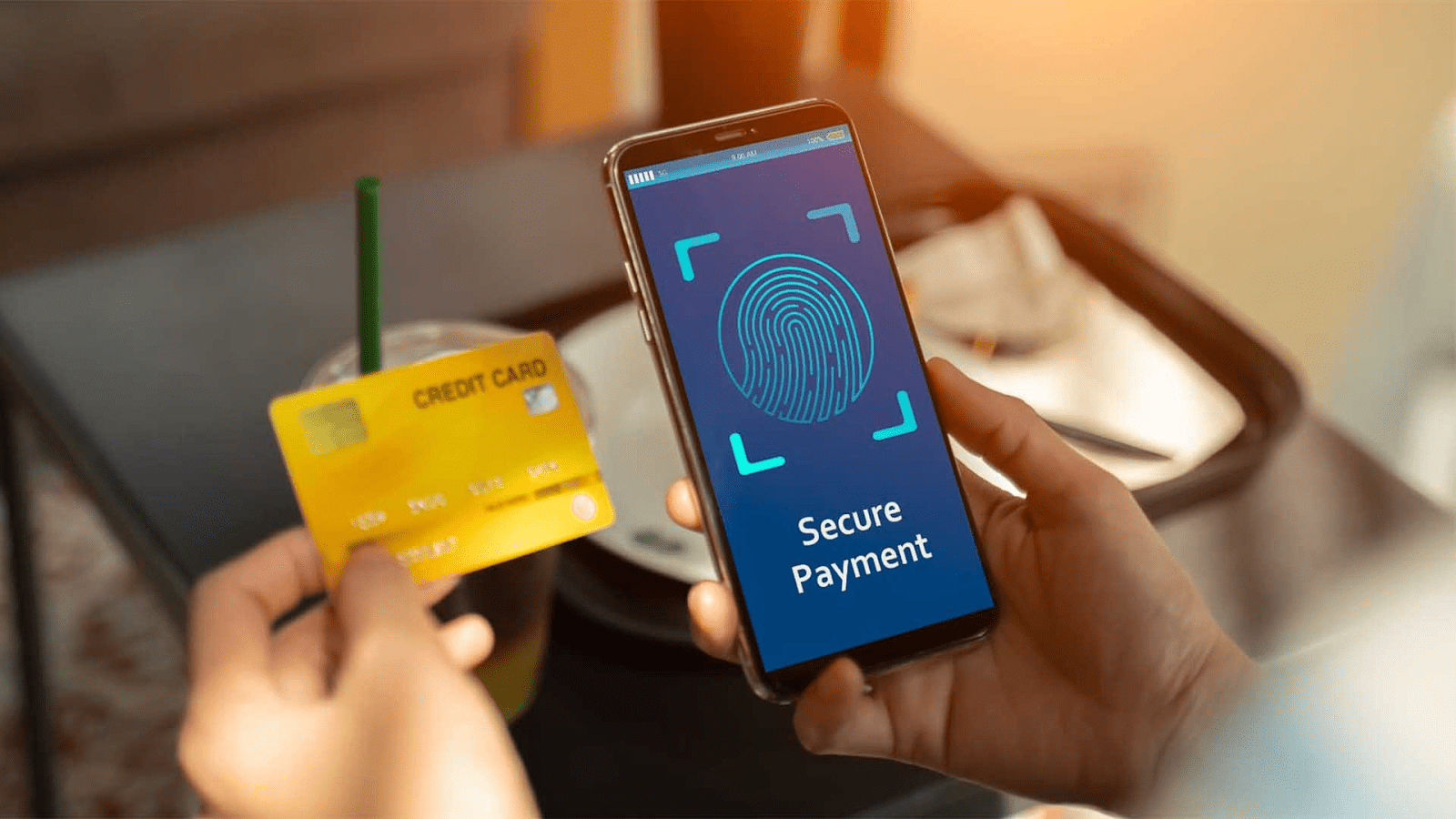The rise of e-payment systems has transformed how we interact with money, from traditional banking to the advent of innovative technologies like digital wallets and biometric payments. This article explores the evolution of e-payment, its milestones, and its future direction.
What is e-Payment?
Electronic payment (e-payment) refers to transactions conducted digitally using electronic systems. It includes payments made through:
- Credit and debit cards.
- Digital wallets.
- Mobile payment platforms.
- Biometric authentication systems.
E-payment systems are built on technologies that ensure security, speed, and convenience for both consumers and businesses.
The Early Days of e-Payment
Introduction of Online Banking
The journey of e-payment began with online banking in the 1990s, enabling customers to transfer funds and pay bills through internet-connected platforms.
The Rise of Credit and Debit Cards
Plastic cards became a revolutionary tool for cashless transactions, forming the backbone of modern e-payment systems.
The Emergence of Digital Wallets
Digital wallets store payment information electronically, allowing users to make payments seamlessly via smartphones, tablets, or computers.
Benefits of Digital Wallets
1. Convenience: Enables quick and easy transactions.
2. Security: Uses encryption and tokenization to protect user data.
3. Versatility: Supports in-store, online, and peer-to-peer payments.
Biometric Payments: A New Frontier
Biometric payments leverage unique biological traits for authentication, ensuring a higher level of security and user convenience. A user’s biometric data is scanned and matched with stored data to authenticate and approve transactions. The types of biometrics used include:
1. Fingerprint Recognition: Common in mobile payment apps.
2. Facial Recognition: Used by systems for secure transactions.
3. Voice Recognition: An emerging technology for hands-free payments.
Key Benefits of Biometric Payments
1. Enhanced Security:
Reduces fraud risks by using unique, hard-to-replicate biological traits.
2. Improved User Experience:
Eliminates the need for passwords or PINs, making transactions seamless.
3. Faster Transactions:
Speeds up payment processes by replacing manual authentication methods.
e-Payment Systems Around the World
Asia’s Dominance in Digital Payments
Countries like China and India lead the e-payment revolution, driven by QR codes and mobile wallets.
Innovations in Europe and the U.S.
Contactless payments and wearable devices are reshaping e-payment trends.
The Rise of E-Payment in Emerging Markets
Affordable mobile technologies are driving adoption in regions like Africa and Latin America.
How e-Payment Enhances Consumer and Business Experiences
For Consumers:
- Convenience: Simplifies payments anytime, anywhere.
- Speed: Reduces waiting times at checkout.
For Businesses:
- Efficiency: Automates payment processing and reduces cash-handling costs.
- Data Insights: Provides analytics for better decision-making.

